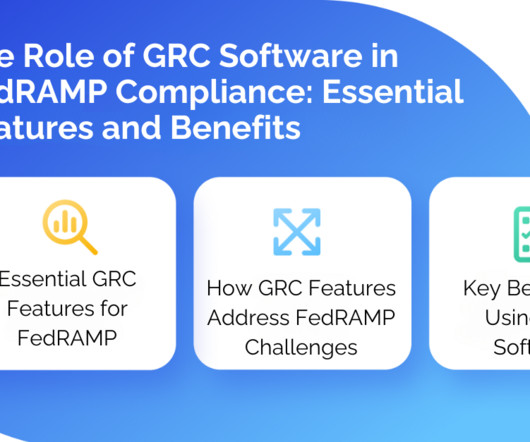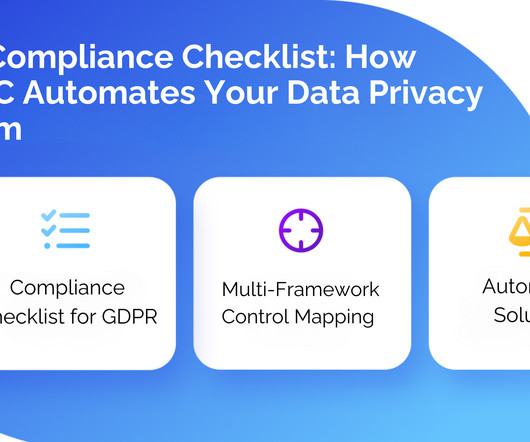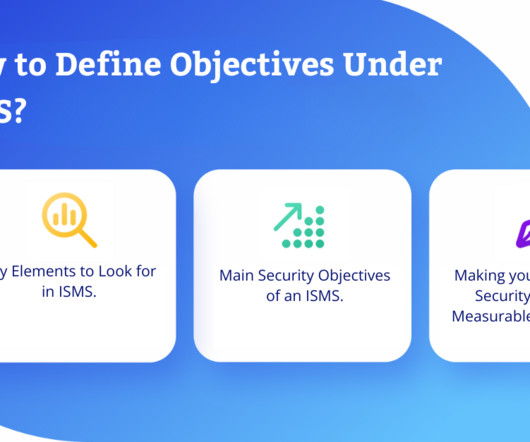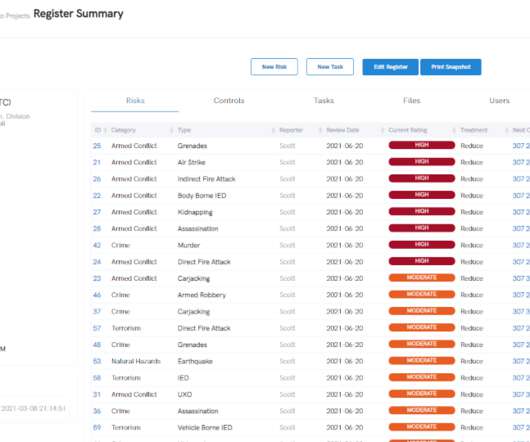A Resilience Charter
Emergency Planning
MARCH 23, 2022
The increasing vulnerability and dwindling redundancy of life-support systems will aggravate the effect of proliferating failure among critical infrastructure networks. Civil protection must be developed at the local authority level, coordinated regionally and harmonised nationally. Preamble 1.1 Unplanned mass migrations will occur.
























Let's personalize your content